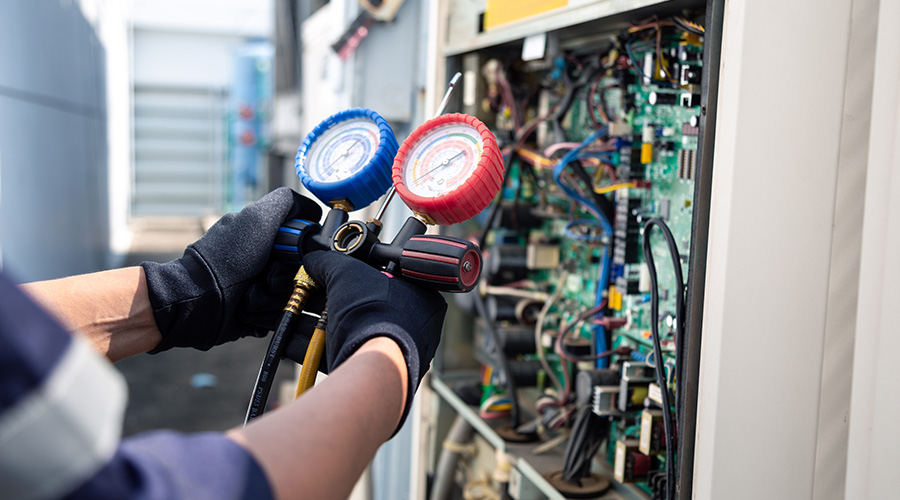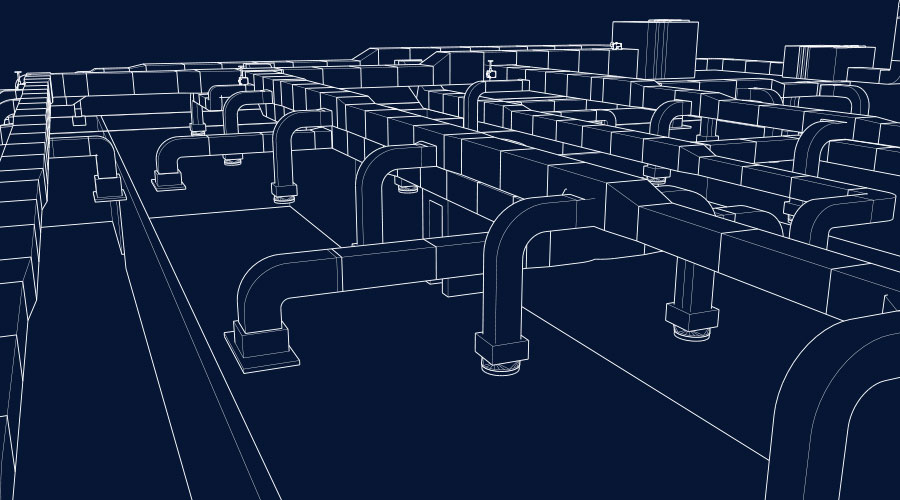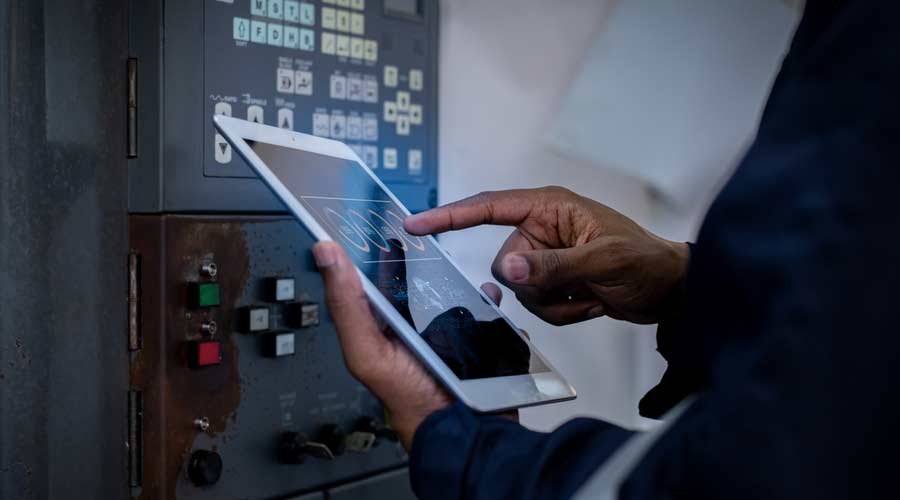CMMS Upgrades: Managers, Upper Management Need to Speak Same Language
Once managers have successfully justified the cost of a CMMS upgrade, the next step is to select the appropriate path the upgrade will take. In some cases, a manager might be able to return to the vendor of the current CMMS and buy upgrades that address deficiencies the needs analysis identified. Or the CMMS might be obsolete and require replacement.
Whichever the case, managers need to consider several features. One key feature is flexibility — the software's ability to adapt in allowing technicians and administrators to enter information pertaining to the organization.
Another is the system's interfacing capabilities, or the ability to integrate with other information systems. Self-sufficiency is something else to consider. Software should be capable of direct, full use without technicians having to consult a manual or other outside sources.
Communication is Critical
Many potential difficulties can arise when managers attempt to communicate their needs and wishes — a CMMS upgrade, in this case — to upper management. Sometimes, it can seem as though managers and upper management speak different languages. Maintenance departments most commonly think and speak in terms of breakdowns, downtime, and prevention, while upper management typically is concerned only with the bottom line.
So when a manager tries to communicate that the department and maintenance staff need a new CMMS or other new technology to reduce breakdowns, minimize downtime, or increase efficiency, a miscommunication can occur.
The reason this breakdown occurs is because managers are talking about goals within their own department. But here is what they too often forget: These goals can benefit the performance of the organization, and upper management will greatly appreciate them more in this context.
If managers can keep this perspective in mind, they can establish a common language with top management.
Kris Bagadia — krisb@peakis.com — is a consultant, educator, and president of PEAK Industrial Solutions in Milwaukee.
Related Topics:













